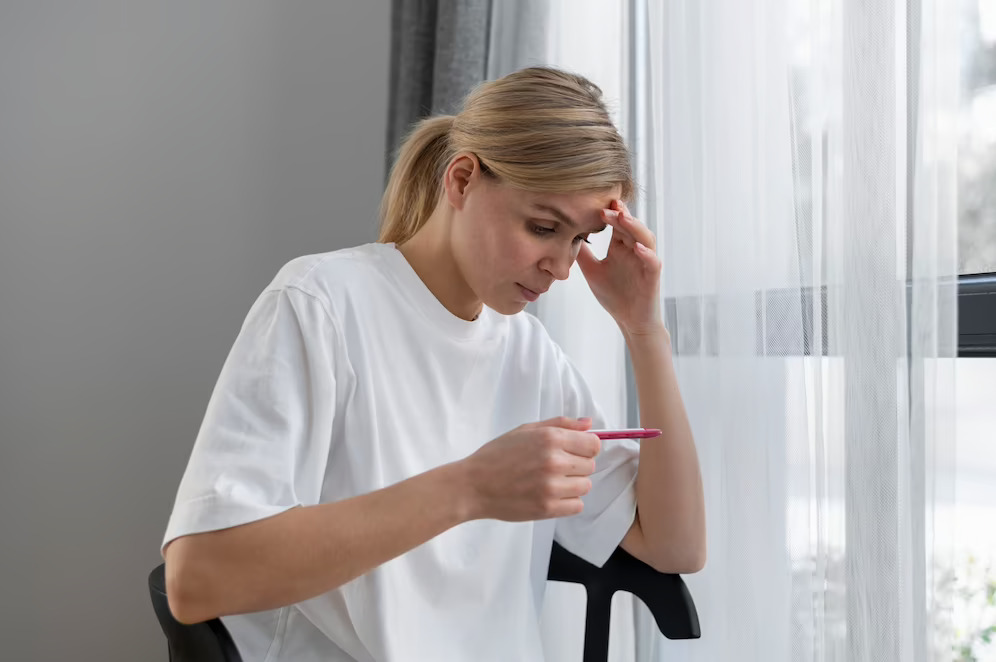Pregnancy is a time of pleasure and anticipation but can also be a time of emotional disruption for many women. Depression during pregnancy is a common and severe mental health concern that affects approximately one in ten women. Despite its majority, depression during pregnancy often goes undiagnosed and untreated, leaving women feeling alone and unsupported.
This comprehensive guide will explore the reasons and symptoms of depression and the risks and benefits of treatment options. We will also provide practical advice for coping with depression during pregnancy, including self-care strategies and resources for seeking professional help for depression treatment in Houston.
Whether you are experiencing depression while pregnant or want to learn more about this critical topic, this guide is for you. We hope this resource will give you the knowledge and tools to navigate this challenging time with confidence and support.
How common is depression during pregnancy?
We all know pregnancy is a time of happiness and stress. Studies suggest that about 7% of pregnant ladies may suffer from depression during pregnancy. In countries with low and middle incomes, rates could be elevated.
Depression is the most general mood disorder in the present population. This mood disorder causes constant feelings of sadness and loss of interest. Depression first demonstrates itself more frequently in women than men and is high in a woman’s childbearing life.
Why does pregnancy-related depression frequently go unidentified?
Some symptoms of depression, like appetite, libido, energy level, and changes in sleep, are similar to signs of pregnancy. As a result, rather than depression, you or your doctor may blame these symptoms on being pregnant.
Because of the negative association attached to depression, women may also be hesitant to discuss mood changes during pregnancy with their medical professionals. Additionally, there is a natural proneness to prioritize a woman’s physical health during pregnancy over her mental health.
Risk factors for depression during pregnancy
Here’s the list of risk factors for depression during pregnancy include:
- Life stress
- Anxiety
- Past of depression
- Bad social support
- Intimate partner violence
- Unplanned pregnancy
Signs and symptoms of depression during pregnancy
The varied symptoms of depression during pregnancy are like those that depression patients generally experience. However, multiple clues might display symptoms of depression during pregnancy which include:
- Excessive worry about your child
- Poor self-esteem, such as insufficient parenting feelings
- The inability to relish activities that most people find enjoyable
- Ineffective response to confidence
- Inadequate maternity care compliance
- Consuming street substances, alcohol, or smoking cigarettes
- Low weight growth as a result of a decreased or insufficient diet
- Ideas of suicide
According to several studies, the first and third stages of pregnancy are the times when depressive episodes are most common.
Why is the treatment of depression essential during pregnancy?
Untreated depression may prevent you from getting the most effective prenatal care, eating the nutritious meals your unborn child needs, or having the stamina to care for yourself. Moreover, you are more prone to have postpartum depression and trouble bonding with your child.
Our depression therapy in Houston choices may involve psychotherapy or medications in addition to psychotherapy, depending on the severity of your depression.
What are the suggestions for screening for depression during pregnancy?
Most knowledgeable obstetricians and gynecologists advise that healthcare providers conduct a standardized test for anxiety and depression at least once while pregnant. Your healthcare practitioner will probably ask questions during screening from a standardized assessment instrument, which includes inquiries about anxiety and mood. Your responses are evaluated, and the sum of those grades can be used to determine whether or not you have depression. Alternatively, your doctor might inquire whether you’ve experienced negative emotions like depression, hopelessness, or lack of enthusiasm to accomplish anything during the last month.
There is significantly less evidence that shows screening to identify and treat depression during pregnancy enhances outcomes. Depression has been examined now, and this may be because many resources and appropriate therapy are available. But, getting screened for depression could help you become more aware of your susceptibility to depression and anxiety.
Do not wait for a screening if you suspect you may be pregnant with depression. Discuss your feelings with a healthcare professional and determine the most appropriate action.




I was pretty pleased to discover this web site. I want to to thank you for your time for this fantastic read!! I definitely really liked every bit of it and I have you book marked to see new things on your web site.